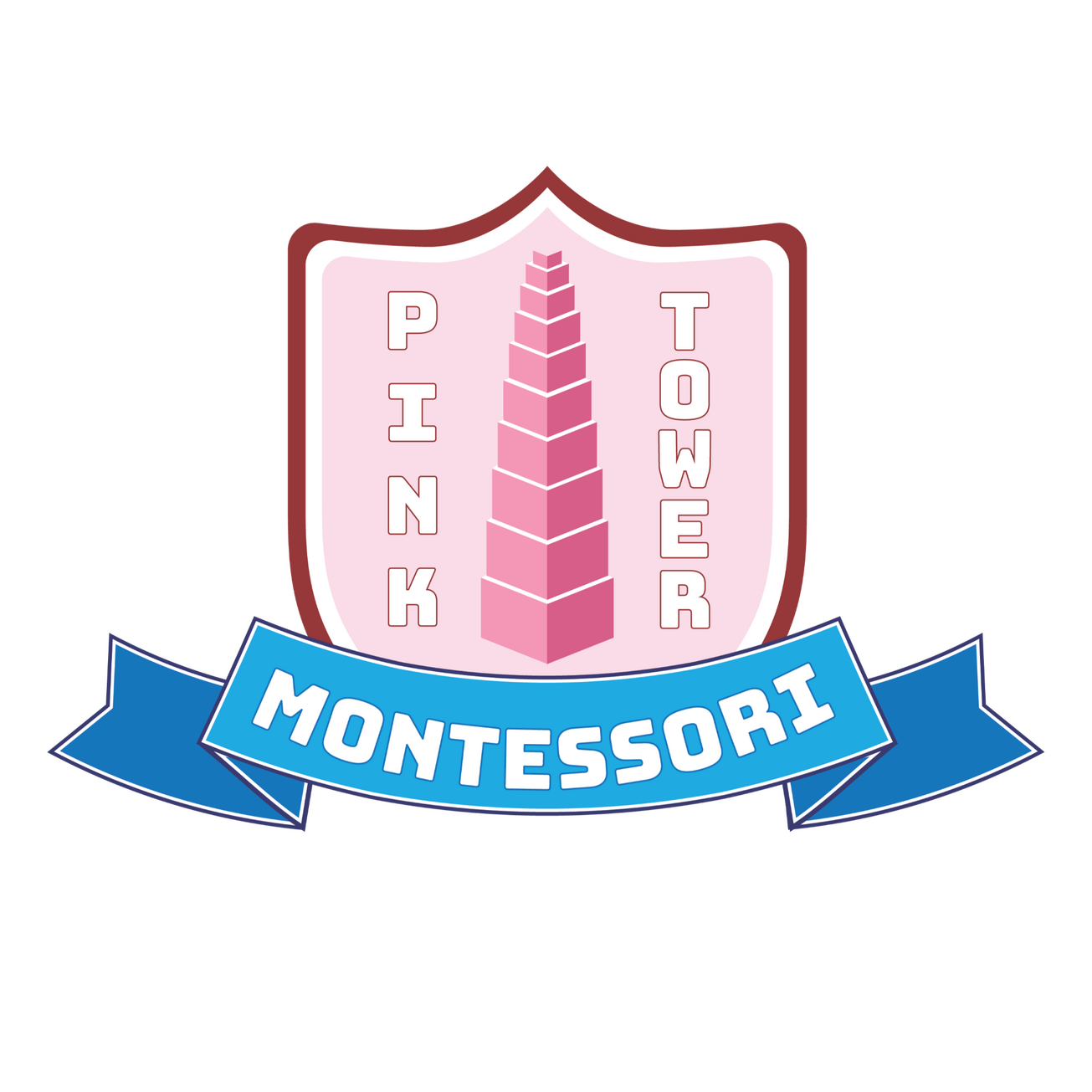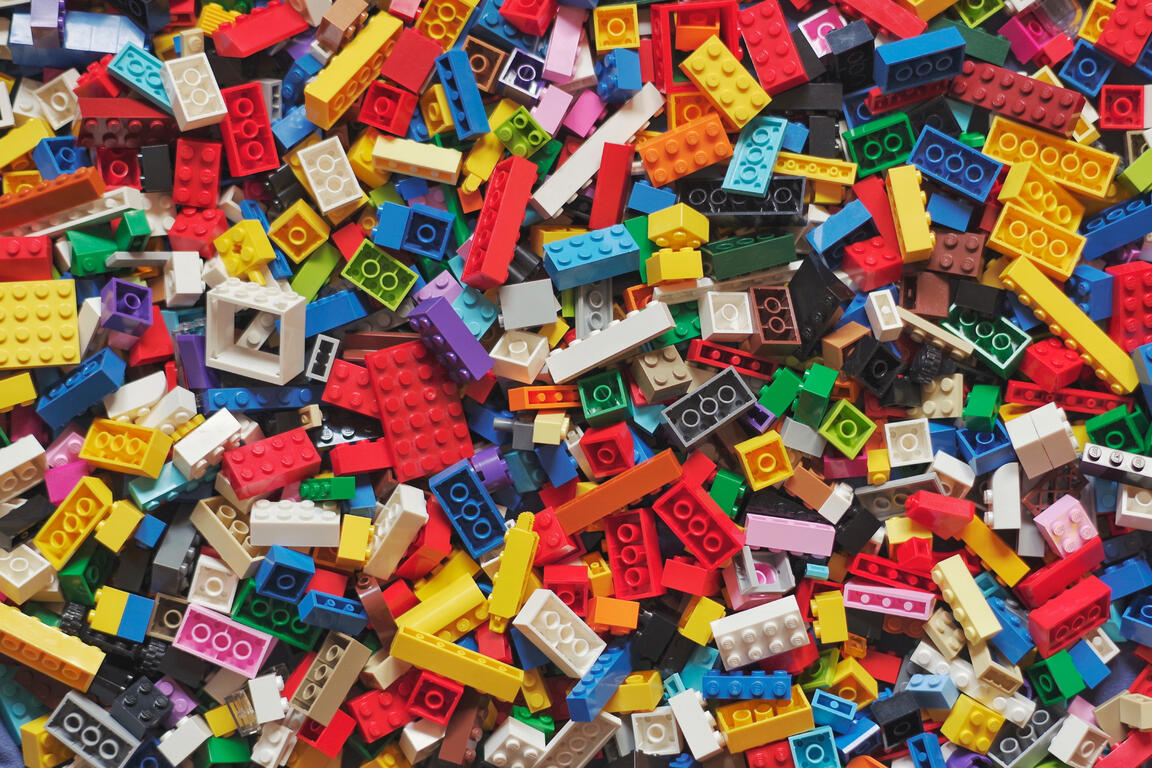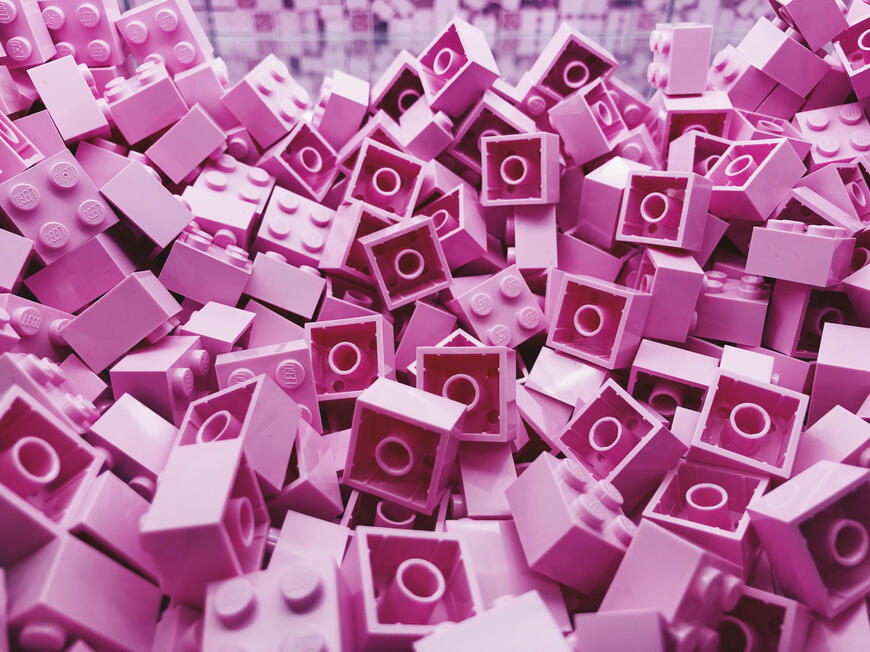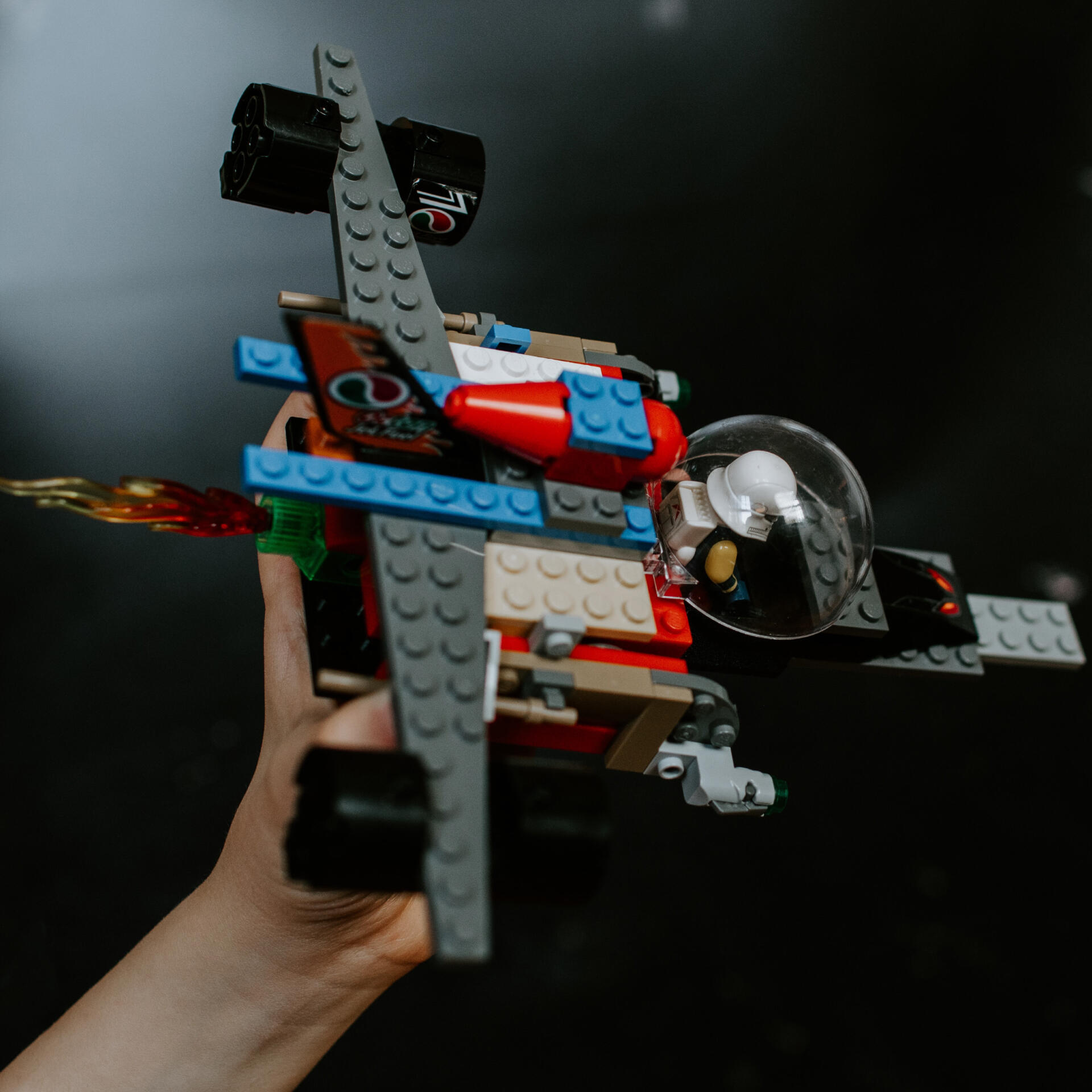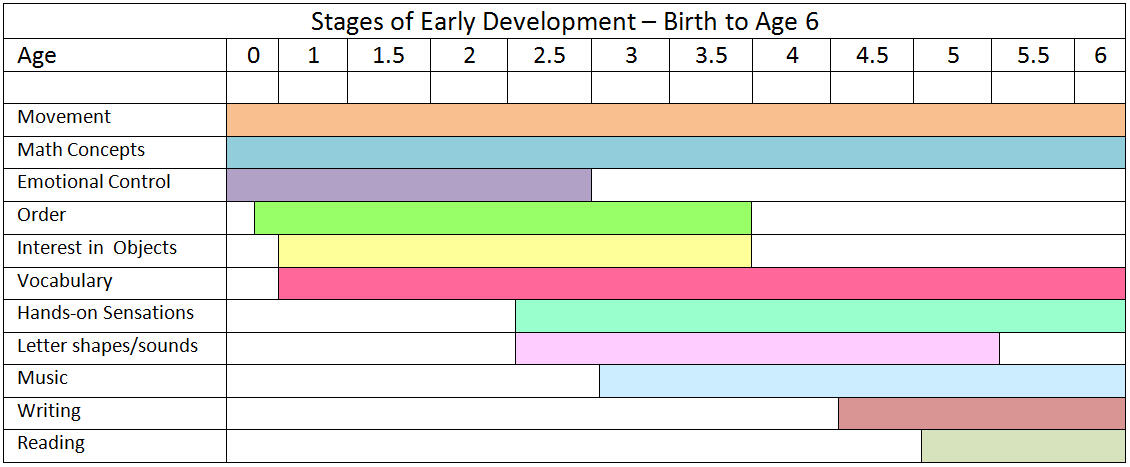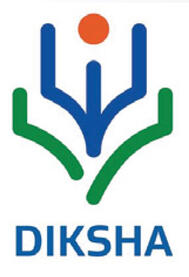⚠️ COVID-19 INDIA LOCKDOWN. Please click here to access our online curriculum
Pink Tower School
A Montessori Preschool
& Day Care
IN ASSOCIATION WITH ORRIZONTE MONTESSORI
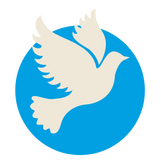
Day Care
This is how we break it down based on age group and child's comprehension level
(by making LEGO references)
We have all year-round activities and small cohorts for kids between ages 3 and 12.
We curate great learning experiences covering a wide range of interests & topics.
So much to explore & learn but so little time.
Most activities & classes range between 30-60mins.
With a thorough curation of activities and a dedicated faculty, we make sure your child spends its formative years in the most productive & fun way.
Everly child is constantly absorbing & learning from the environment.
Children are highly impressionable and mimic adult behavior all the time.
At our day care, we make sure your child is constantly exposed to the right behavior.
3-5 years old
By understanding the different shapes & sizes of the LEGO blocks, learning to name the colors in different languages, the child is just beginning to communicate coherently. We focus on language, vocabulary, basic logic & numbers, and sometimes discuss the fundamentals of life such as light, gravity, time and love.
5-8 years old
By building complex structures such as this fighter aircraft, the child's improved dexterity further contributes to the holistic development. Curiosity thrives at age 5 and in the next 3 years of excessive exploration, the child begins to develop insight and/or passion in specific area(s) and we bring up more fundamentals of life such as energy, money, government, kings & queens.
8-12 years old
Working with the LEGO robot kits, kids ages 8 and up learn from multiple domains and implement multi-disciplinary strategies to build meaningful projects. This is also when we begin to have a discussion with them on how money works and how we can sell our time or buy someone else's.
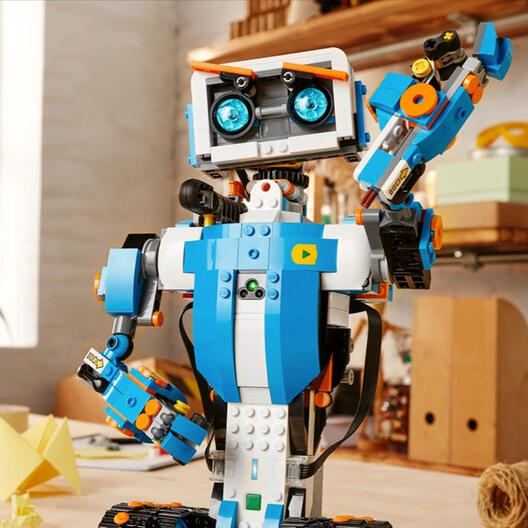
Day-Care Facility is available from 8:30 am - 8 pm Monday to Saturday.Please check the calendar below to see all the activities we are offering this year.
CURRICULUM
A Montessori environment focuses on individually paced learning and fostering independence. The Montessori Method also encourages empathy, a passion for social justice, and a joy in lifelong learning.
Given the freedom and support to question, to probe deeply, and to make connections, Montessori students become confident, enthusiastic, self-directed learners. They are able to think critically, work collaboratively, and act boldly—a skill set for the 21st century.
There are 7 main areas for early childhood development:
The Montessori Uninterrupted Work Period:Usually children are suppose to work continually for 2-3 hours a day based on their age, current understanding of the fundamentals and sheer curiosity.
Toddlers usually work for 120-135 minutes and spend the rest of the time settling in, playing and getting to know their friends.
Children 2.5 years onwards tend to spend a minimum of 150 minutes on uninterrupted work.To make a big difference in your child’s life, you might like to create a Montessori environment at home as well. Please visit Aid To Life
EXERCISES OF PRACTICAL LIFE
A child's work is to create the man he will become. An adult works to perfect the environment, but a child works to perfect himself. - Maria Montessori
The Practical Life area is essential for a strong Montessori educational foundation. In this area a child is learning control of movement (fine motor skills), concentration span, self-confidence, and a love of learning. The activities in Practical Life are made up of familiar objects that a child would naturally see in everyday life. The activities are designed and chosen so that the children feel comfortable and will be able to master the activity. The activities that are chosen fall into four main categories: care of self, control of movement, care of the environment, and grace and courtesy. The overall idea of these activities is not only to help children gain self-confidence in their working abilities, but to expose the children to fundamental activities that will build their concentration span and work with activities they will encounter through adulthood.
Spooning objects (small and large)
Sweeping objects (small)
Pouring objects (wet and dry)
Squeezing objects (small and large)
Care of self: Brushing hair, folding/rolling napkins, folding a sweater, Dressing one’s self (buttoning, zippering, Velcro, tying, lacing, etc.)
Polishing items (shoes, silver, etc.)
Transferring objects (using the whole hand, tweezers and tongs)
Grading and matching objects (by color, size, shape, etc.)
Water activities (washing a baby, basting water, scrubbing table, making bubbles with whisk, etc.)
Understanding of opposites (on-off, up-down, etc.)
SENSORIAL
Exploring the World through the Five Senses
Dr. Maria Montessori identified the period from 2-6 years as the age of the "absorbent mind". Children come to know and understand the world they live in through their five senses. The Montessori sensorial materials, such as the pink tower, geometric solids, sound cylinders and color tablets help children to understand and internalize the concepts of size, shape, color, taste, touch and sound. These materials build the foundation for developing skills in the areas of music, mathematics and language.
Recognizing and grading objects based upon size, shape and color
Differentiating between patterned objects and matching accordingly
Refining the senses through grading and matching activities such as:
Smelling jars (differentiating between smells)
Sound cylinders (differentiating and matching sounds)
Tasting jars (differentiating between tastes)
Touch boards (feeling rough and smooth objects)
Sight (grading by size, shape and color)
LANGUAGE
The Spoken Word to the Written Word
The Language area of the Montessori classroom encourages development of early-literacy skills through the use of phonetic sounds. In the Language area children are exposed to various types of phonetic awareness activities to build a strong literary foundation. Montessori Language activities are designed to improve a child's vocabulary, listening skills for common sounds, and differentiating between objects and pictures. Language activities include learning the shapes and sounds of letters, practicing fine motor skills by writing, vocabulary development, matching words and pictures, reading development with word lists, practicing parts of grammar (nouns, verbs, adjectives, etc.), creating sentences and reading silently.
Phonetic sounds (knowing at least 13 letter sounds)
Symbolic letter recognition and identification
Beginning letter tracing
Holding a pencil correctly (3-finger grasp)
Poking paper to promote fine muscle development in the hands
Recognizing name and learning how it is spelled
MATHEMATICS
Journeying from the Concrete to the Abstract
The Math area of the Montessori classroom encompasses the use of concrete materials for the recognition of numbers and the recognition of quantity as well. Through these activities, children learn exactly how much a symbolic number stands for (i.e. the number 5 means counting the correct number of objects to make the number 5). Mathematics activities are divided into six categories that include: counting and the decimal system, memory work, concrete abstraction, arithmetic tables and geometry. Children are introduced to more complex mathematical procedures and concepts as they are individually ready. Oftentimes a child will complete a mathematical activity a few times until he feels ready to attempt a concept that is more difficult.
CULTURE
Botany, Zoology, Geography and Science
The Culture area of the classroom encompasses a variety of subjects that are supplementary to the Montessori method. Cultural subjects include: Geography, Zoology, Botany, Science, Art & Music. Studying these subjects provides children an opportunity to explore their curiosity of different and worldly ideas. Studying Geography allows the children the opportunity to understand their own culture as well as many others. The children can relate and understand cultural diversity and ultimately come to appreciate differences between humankind. Science in the Montessori classroom allows the children to observe and work with hands-on experiments that will cultivate a lifelong interest in nature and discovering more about our unique world. Children have an expressive and uninhibited experience of moving, dancing and singing among their school peers. Art & Music allows children to gain a literary understanding of language and develop their cognitive, social and emotional skills in a constructive way.
Botany: Parts of plants, how plants grow, taking care of plants. Study of roots, stems, leaves, flowers and seeds.
Zoology: Parts of different types of animals, amphibians, reptiles and dinosaurs. Where animals live and how to take care of animals
Science: Simple experiments to develop an understanding of physical science and how it relates to planet Earth.
Geography and Culture: Earth’s landforms and continents, recognizing and naming continents, native plants and animals from each continent, different cultures and traditions from each continent.
MUSIC & MOVEMENT
It's the Doing of Music that's so important in a Child's Development
Sometimes called “the universal language”, music adds a sensory dimension to life like nothing else. Children have an innate capacity to appreciate music of all types, and an uninhibited inclination to move, dance, and make music. Music is present in all cultures, often reflecting the character of people by the style, melodies, tones, and instruments used. It is important to provide children with plenty of opportunities to perfect their movements and refine coordination. Both music and movement can provide children with a way to express their own unique spirits.
ART
“Imagination does not become great until human beings, given the courage and the strength, use it to create.” Dr. Maria Montessori
Dr. Maria Montessori believed that art was a natural creation universal to the human species — each culture developed its own art as a means of expression. Because art serves as a way of expressing oneself, Montessori developed a method for teaching it that would not get in the way of the child’s expressive tendencies. She taught the means for expression step by step, but encouraged children to combine them by themselves in order to express themselves.In the Montessori classroom, art materials teach each skill separately so that the child can combine them on her own: line drawing with markers, filling in outlines with colored chalk, painting, gluing paper, etc. All of these skills will be mastered independently and then combined at the child’s discretion in some grand piece of artwork.
Timings
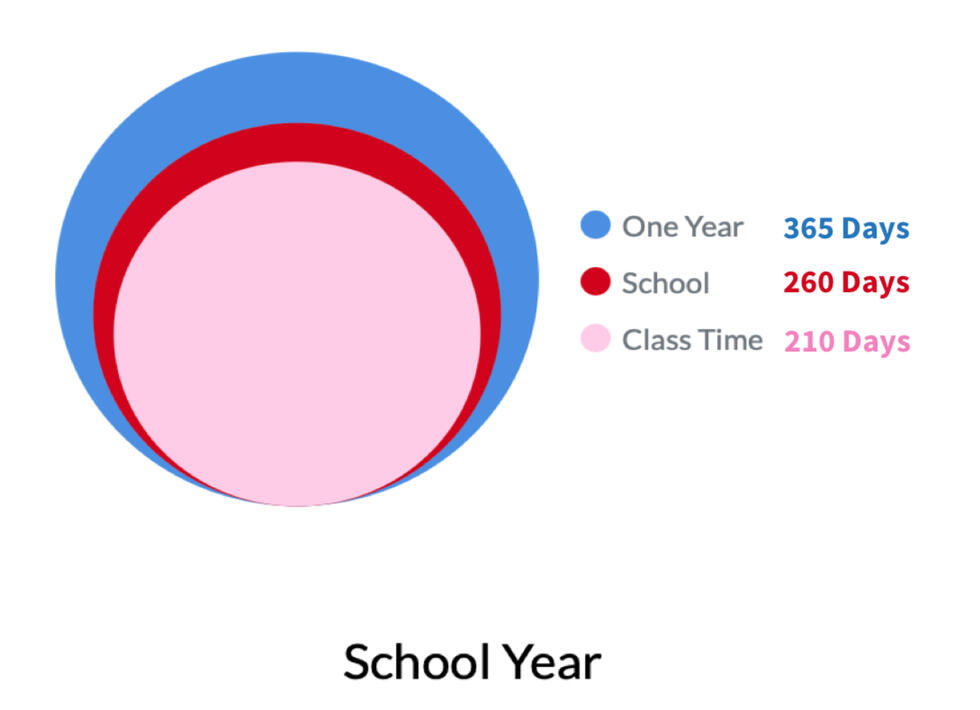
A school year is typically 10 months.
Due to the monsoons in the month of June & July, it makes sense for many schools in the city of Mumbai to go on a break around that time.
However, we accept kids throughout the year since we implement a highly personalized curriculum based on your child's needs.
What matters is your child gets to do 3 hour uninterrupted work 5 days a week for 10 months in a 12 month period starting from the child's 1st day at the Pink Tower School.
Note: A child can start his/her 3 hour uninterrupted work period any time between 9am and 12pm.
We currently have 3 sessions available at our premises from Monday to Friday:Primary
Early Birds 8:30am - 12:30pm
Eager Bears 11:30am - 3:30pm
Busy Bees 8:30am - 3:30pmToddler
Early Birds 9:30am - 12:30pm
Eager Bears 11:30am - 2:30pm
Busy Bees 9:30am - 2:30pm
We do have extended hours of two 3 hour sessions of Montessori (Busy Bees). However, we recommend starting with one 3 hour session and then observe the child to determine the best course of action.
We would like to sit down with you and your child and understand the lifestyle of both parents, your preferences and requirements and most importantly your child's natural body clock. This will help us determine the appropriate time for you to bring your child to school. Over the course of the child's first month, our in-house Montessori Directress will identify the child's natural circadian rhythm and perhaps continue or modify the timings of the 3 hour work session.Day-Care Facility is available from 8:30 am - 8 pm Monday to Saturday.Please check the calendar below to see all the activities we are offering this year.
tUITION FEE
Montessori School
3 hour session is ₹15,000/month
6 hour session is ₹25,000/month
that comes to an yearly payment of
₹1,50,000 for 3 hour session
** ₹2,50,000** for 6 hour session
(includes meals and snacks)
We also accept payments in:
3 installments of ₹50,000 each for 3 hour sessions
3 installments of ₹84,000, ₹83,000 and ₹83,000 for 6 hour sessions
Day-Care Facility
for fixed hours in the day₹2,500 for 1 hour for 1 month
₹10,000 for 5 hours for 1 month
₹15,000 for 8 hours for 1 month(inclusive of meals and activities)
Alternatively, you can pay ₹12,000 for 100 hours/month flexible usage anytime between 10 am - 7 pm (Monday - Saturday) with one day prior notice. (excludes meals)
Fees once paid are non refundable.
Post dated cheques have to be submitted in advance. We accept Cash/ Cheque/ Online transfer/ Google Pay/ PayTM/ BHIM UPI.
Vision
excerpt from *"The Four Agreements", by Don Miguel Ruiz*WHAT YOU ARE SEEING AND HEARING RIGHT NOW is nothing but a dream. You are dreaming right now in this moment. You are dreaming with the brain awake. Dreaming is the main function of the mind, and the mind dreams twenty-four hours a day. It dreams when the brain is awake, and it also dreams when the brain is asleep. The difference is that when the brain is awake, there is a material frame that makes us perceive things in a linear way. When we go to sleep we do not have the frame, and the dream has the tendency to change constantly.Humans are dreaming all the time. Before we were born the humans before us created a big outside dream that we will call society's dream or the dream of the planet. The dream of the planet is the collective dream of billions of smaller, personal dreams, which together create a dream of a family, a dream of a community, a dream of a city, a dream of a country, and finally a dream of the whole humanity. The dream of the planet includes all of society's rules, its beliefs, its laws, its religions, its different cultures and ways to be, its governments, schools, social events, and holidays.We are born with the capacity to learn how to dream, and the humans who live before us teach us how to dream the way society dreams. The outside dream has so many rules that when a new human is born, we hook the child's attention and introduce these rules into his or her mind. The outside dream uses Mom and Dad, the schools, and religion to teach us how to dream.Attention is the ability we have to discriminate and to focus only on that which we want to perceive. We can perceive millions of things simultaneously, but using our attention, we can hold whatever we want to perceive in the foreground of our mind. The adults around us hooked our attention and put information into our minds through repetition. That is the way we learned everything we know.By using our attention we learned a whole reality, a whole dream. We learned how to behave in society: what to believe and what not to believe; what is acceptable and what is not acceptable; what is good and what is bad; what is beautiful and what is ugly; what is right and what is wrong. It was all there already — all that knowledge, all those rules and concepts about how to behave in the world.When you were in school, you sat in a little chair and put your attention on what the teacher was teaching you. When you went to church, you put your attention on what the priest or minister was telling you. It is the same dynamic with Mom and Dad, brothers and sisters: They were all trying to hook your attention. We also learn to hook the attention of other humans, and we develop a need for attention which can become very competitive. Children compete for the attention of their parents, their teachers, their friends. "Look at me! Look at what I'm doing! Hey, I'm here." The need for attention becomes very strong and continues into adulthood.The outside dream hooks our attention and teaches us what to believe, beginning with the language that we speak. Language is the code for understanding and communication between humans. Every letter, every word in each language is an agreement. We call this a page in a book; the word page is an agreement that we understand. Once we understand the code, our attention is hooked and the energy is transferred from one person to another.It was not your choice to speak English. You didn't choose your religion or your moral values — they were already there before you were born. We never had the opportunity to choose what to believe or what not to believe. We never chose even the smallest of these agreements. We didn't even choose our own name.As children, we didn't have the opportunity to choose our beliefs, but we agreed with the information that was passed to us from the dream of the planet via other humans. The only way to store information is by agreement. The outside dream may hook our attention, but if we don't agree, we don't store that information. As soon as we agree, we believe it, and this is called faith. To have faith is to believe unconditionally.So we ask you to take a little faith on the Montessori Philosophy,
on the Pink Tower School
on us!
and we promise you your child will be on the path to become a Great Human!Interested? Get in touch!
Contact
Come visit us anytime Monday - Friday between 10:30 am - 5 pm
Bungalow No. 127
Park Street, SVP Nagar
Mhada, Andheri (W)
Mumbai 400053or schedule a visit for a specific date & time, even if it's on a Sunday :)
+91 93723 35767
[email protected]
Why Us
Our entire human civilization is one big social experiment.
We, at Pink Tower School, are having our own little experiment based on traditional knowledge of Montessori philosophy implemented with today's technology.
💯 Child-Centric: flexible time will allow your child to always have 3 hours of uninterrupted work period. Whether you are late due to Mumbai traffic or some other reason, we have designed everything at our school for the most optimum experience for your child
Regular progress updates on your child based on data collected over a period of time and analyzed by our sophisticated team of teachers and faculty
Teacher-Student Ratio of 1:6 for upto 2.5 year olds, 1:10 for 2.5 - 4 year olds and 1:15 for 4 - 6 year olds
Workshop for parents throughout the year
Provide Good Parenting Techniques and overall guidance throughout the child's growth from 14 months to 6 years
Provide support to help pick the right academic board and prepare the parents & child to excel at school interviews and get admission in your first choice of elementary school
CCTV access; provided the following three conditions are met: attend at least 1 parent workshop, give consent for your child to be watched by other parents and lastly, all parents must come to the same consensus.
Holistic approach towards mind, body and soul. Montessori environment & a nutrition based diet plan - that's for the mind & the body. For the soul, why don't you schedule a meeting now and get to know more :) Let's meet!
Our Team
Prasanna Devadoss
Founder, Pink Tower School
BSc. in Finance, Strategic Management & Entrepreneurship from Babson College.
MSc. in Technology Leadership from University of Advancing Technology.Resham Java
Coordinator, Pink Tower School
Sapana Katkam
Admin, Pink Tower School
Priya Thakur
*Accountant, Pink Tower School *
Nourin Panjwani
Montessori Directress, Pink Tower School
Director, Orrizonte Montessori, Mumbai
AMI Diploma in Assistants to Infancy (0 to 3 years) from TMI, USA.
AMI Diploma in Primary Montessori Education (3 to 6 years) from RTI, Mumbai.Parneeta Jadhav
Montessori Directress, Pink Tower School
Director, Orrizonte Montessori, Mumbai
AMI Diploma in Primary Montessori Education (3 to 6 years) from RTI, Mumbai.
Apply
We have limited seats.
Our Montessori classroom can only accommodate 25 students at a time to give the most optimum experience for each child.This is our first year and we really want to emphasize on the fact that we care more about quality over quantity. Our intention is to give the best education possible to each one of your child and it cannot happen if we take on more admissions than we can handle.Our entire staff, with the help of respective parents, will analyze all the data generated by your child's movement & behavior to create a highly detailed analytical report of your child's growth.It is really important for your child to have consistency in their learning environment. In each stage of their lives, children need consistency; that’s how they learn how to walk, talk, write, elaborate their ideas and speech. We at the Pink Tower School will strive to keep them physically and emotionally safe and know their individual needs to enable them to develop the skills necessary for self-regulation such as self-esteem, confidence and trust.
p.s. you can either fill the forms by clicking above or have a chat with our bot by tapping on the **pink bubble with the 3 dots **on the bottom right of the page :)
Twenty First
School for the 21st century man
आत्मनिर्भर
We are on a mission to build a new learning experience.
A personalized curriculum for every child because every child is special.
Parents of India, we urge you to take the bold step & embark on this journey with us.
Parents...you have three options during this pandemic.
Option 1: Homeschooling
Take charge of your child's learning and self-assess their developments. We will provide you with the necessary resources, content & tools curated by our experts, both local & international.
Option 2: Homeschooling (with guidance)
Get help from experts in designing a custom curriculum and making assessments. Our team of consultants will understand your dreams and goals for the child and fine-tune an effective plan.
Option 3: Hire Teachers (गुरु दक्षिणा)
Outsource the entire learning process to domain experts. Monthly reports on your child's development will be generated for your perusal. Let's bring back the concept of Guru Dakshina and directly transact with teachers.
Take 💯 Charge
Free
Volunteering Teacher
Access to curated resources
Suggestions to paid resources
Guided Homeschooling
₹500/month
Assigned Teacher
Access to curated resources
Suggestions to paid resources
Outsource the Learning
₹5,000 - ₹50,000/month
Dedicated Teacher(s)
Access to curated resources
Access to paid resources
This academic year (2020-2021) is the perfect time to experiment with a new way of learning.
School for the 21st century man
आत्मनिर्भर
Teachers...Assemble
Teaching has been an undervalued profession and this pandemic and global lockdown has exposed that truth. Parents are only realizing now...
You are the real-life superheroes
Facilitator
Teaches a specific topic
Counsellor
Overlooks the entire learning
Mentor
Professionals & domain experts
Let’s build a new system together where the teachers have a bigger stake in the design and delivery of knowledge; in addition to the profits.
Uber tried to empower car owners.
Airbnb allowed property owners to enter the hospitality business.
we want teachers to become their own micro school
Let's train one another to become the teacher we all aspire to be and
leave no child behind.
💡For teachers who are being underpaid, or have lost their jobs due to the pandemic, and/or believe that the education system needs a revamp for the 21st century minds
